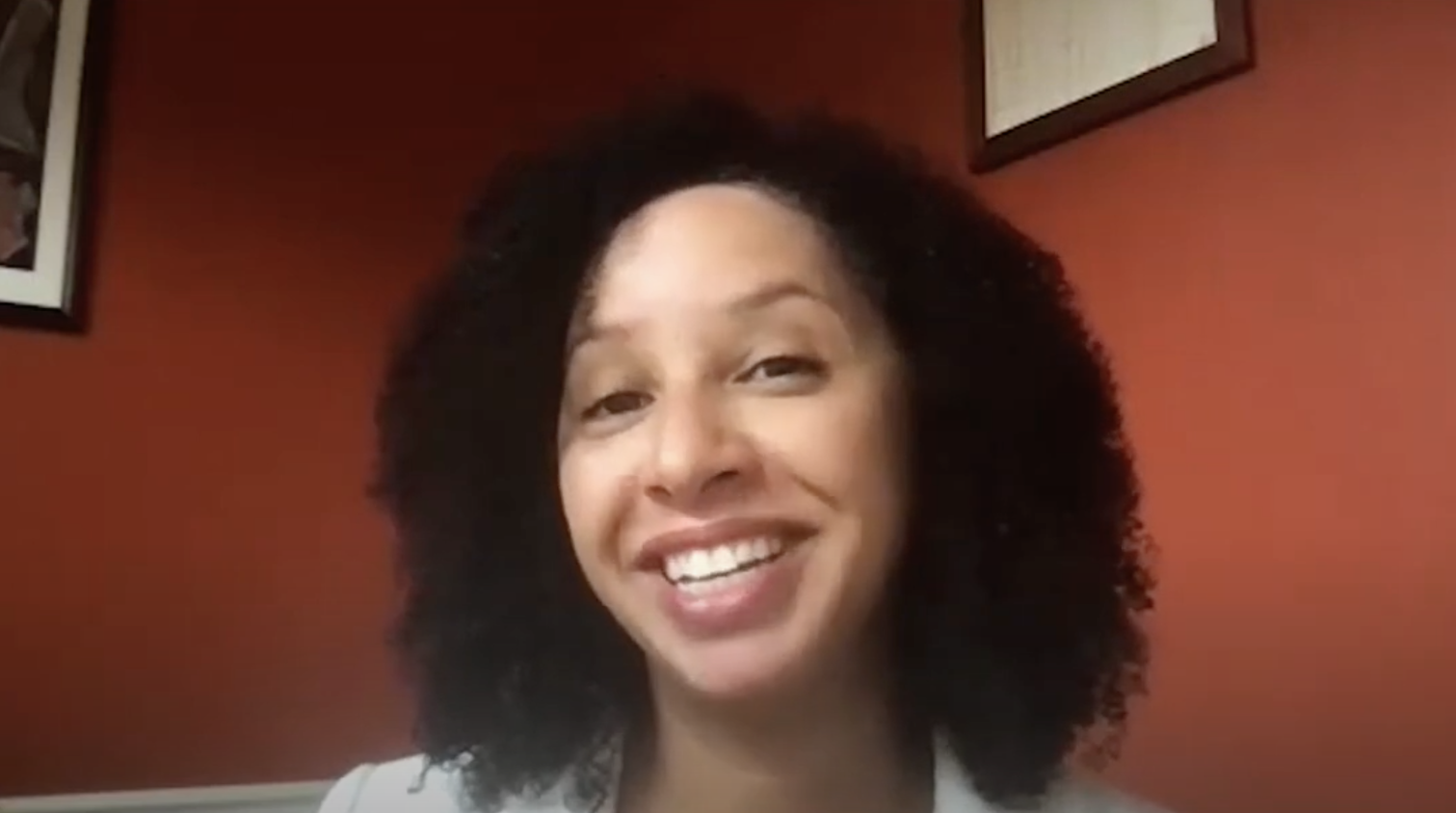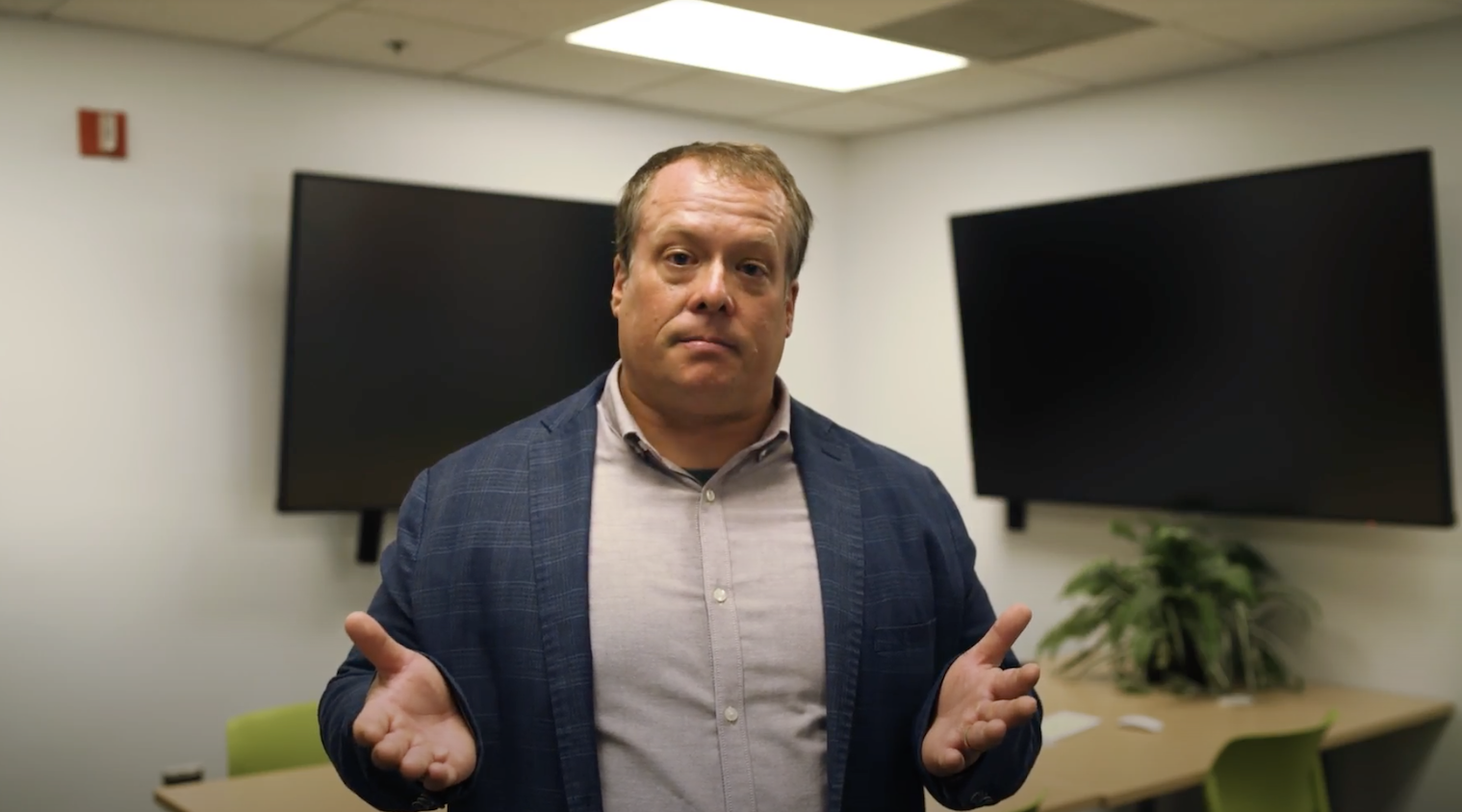Lessons Learned: How COVID Shaped Business Decision Making in 2020
An installment of the PNC Thought Leadership Series, a bi-annual event bringing together academic and industry experts to conduct cutting-edge conversations around relevant and timely business challenges.
Experts from Poole College of Management, Oracle and SteelFab took a deep dive into the business challenges and lessons learned from the COVID-19 pandemic. The virtual PNC Thought Leadership Series event hosted on March 2 was moderated by Mark Beasley, professor of accounting and director of the Enterprise Risk Management Initiative.
Meet the Experts
Rob Handfield, professor of operations and supply chain management
Rob Handfield is the Bank of America University distinguished professor of supply chain management at North Carolina State University and executive director of the Supply Chain Resource Cooperative. He also serves as an adjunct professor with the Supply Chain Management Research Group at the Manchester Business School. Handfield is the consulting editor of the Journal of Operations Management, one of the leading supply chain management journals in the field, and is the author of several books on supply chain management. Handfield has consulted with over 25 Fortune 500 companies, including GlaxoSmithKline, Freightliner, Boston Scientific, Delphi, Chevron, British Petroleum, Nortel Networks, Chevron Phillips, Lyondell Chemical, Conoco Phillips, Federal Express, Milliken, and others.
Glenn Sherrill, CEO of SteelFab
After graduating from NC State in 1993 with a Bachelor of Arts in business management, Glenn Sherrill began working for SteelFab, Inc. as an estimator and project manager. SteelFab is a third-generation family-owned company that fabricates and erects steel frames for commercial, industrial, and institutional buildings across the United States. SteelFab is one of the largest fabricators in the country with 10 structural steel plants, one miscellaneous plant, two engineering and drafting offices, and 11 sales offices located across the Southeast, Texas, the District of Columbia and Oregon.
Stephanie Trunzo, group vice president of transformation and offerings for Oracle
Stephanie Trunzo has 20 years of professional experience from executive roles at Oracle and IBM to leading her start-up through a public company acquisition. Trunzo thrives building aligned, high-performing teams and compelling storytelling platforms. As group vice president of transformation and offerings at Oracle, Trunzo leads the continued shift to an offerings model that is both outcome-driven and client-focused, transforming both Oracle and its clients to star in a modern cloud story, grounded in both technology and expert talent. Trunzo leads initiatives across digital and experience disciplines, driving entrepreneurial thinking into disrupting how Oracle Consulting works and how Oracle works with its clients.
Our experts have been busy working on joint acquisition task forces to help with personal protective equipment (PPE) shortages across the country, keeping 11 steel plants open across the country and helping clients digitize their companies to market their products in a new way. Explore their professional tips and lessons learned from the pandemic.
Top 5 Lessons Learned
1. Hindsight is 2020
In a 2010 study with IBM, Handfield wrote about the extent to which businesses depended on the global supply chain and the damage a world-wide disaster, like a pandemic, could cause. His findings were validated in 2020 as many business leaders wished they were better prepared.
“I think one of the things I wish I knew, looking back, is the ability of organizations to prioritize learning to be flexible – really building that into your company mentality to find how rapidly you can make turns and pivots in your organization,” said Trunzo.
Having the ability to make quick decisions and changes to a business is crucial to a plan for business continuity.
2. Protect and support your team
One of the biggest takeaways from the pandemic is that we are still a people-dependent economy and businesses have learned how to better support every level of employee.
A company like SteelFab, which employs essential workers who continued in-person work during the pandemic, have implemented social distancing practices that included spaced working areas and staggered breaks to protect their employees.
Businesses with the capability to promote working from home, like Oracle and NC State, have utilized collaboration tools and reduced workforce fatigue by providing breaks and support to improve morale.
3. Position products and services to be resilient
Handfield encourages businesses to be prepared for the next major crisis by expanding upon their awareness and responsiveness with their products and services. This includes reprioritization of values and understanding how to shift the delivery of products and services to reach consumers at home.
“Open the door to thinking differently about what your business does and how they interact with others,” said Trunzo.
4. Rethink your risk management plan
Our experts encourage businesses to think globally when adjusting their risk management plans in preparation for upcoming crises. This includes agreements with other countries and having disaster recovery plans.
Sherrill also reminds business leaders to keep employees in mind when creating a risk management plan. “You have got to be flexible and take the time to talk to your employees about what they’re going through [during a crisis].”
5. Be prepared for the “new normal”
As COVID-19 vaccines are rolling out across the world, businesses need to be thinking about what the “new normal” of their business models will look like. For Sherrill, this is moving towards building “office hotels” where companies can rent business spaces for days at a time to maintain a work-life balance for employees.
Trunzo sees a more environmentally friendly “new normal” with the shift to digital learning and working spaces decreasing the use of paper and travel.
- Series:



